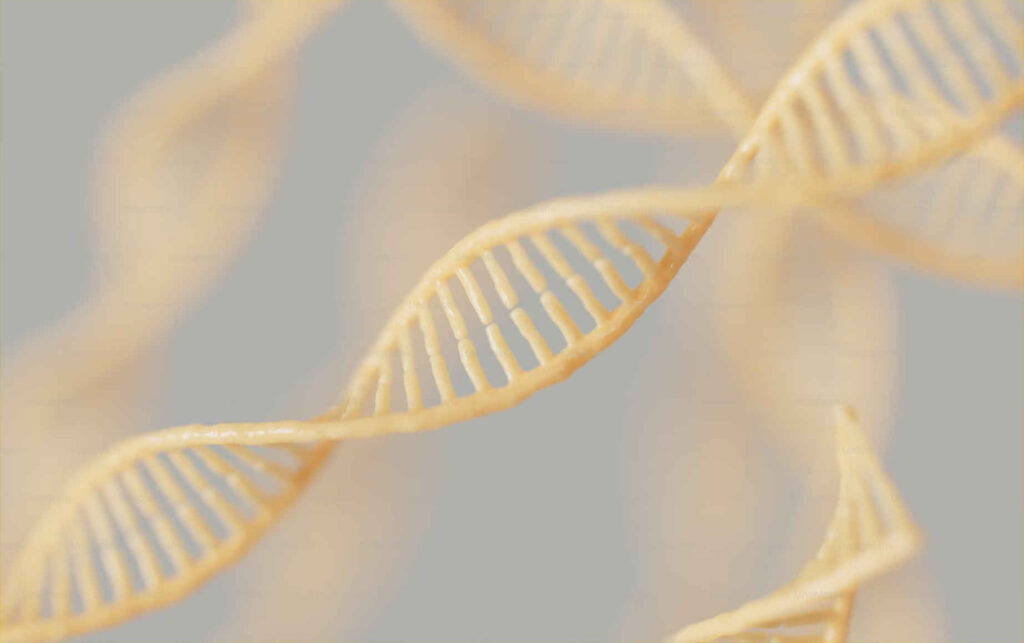Internal emails from Australia’s Therapeutic Goods Administration (TGA) reveal that senior officials were aware of potential DNA contamination risks in mRNA COVID-19 vaccines but chose not to disclose this information to the public.
The emails, released under a Freedom of Information request, show that high-level TGA staff acknowledged that elements of the vaccines, including the SV40 enhancer/promoter sequence, could facilitate DNA integration into the cell nucleus—despite the agency’s public stance that such events are not possible.
Pfizer also failed to disclose the SV40 sequence to regulators, raising further concerns about transparency.
The TGA appears to have focused more on “allaying public fears” than investigating the potential long-term health risks, including genomic integration and cancer, according to a comprehensive report in The Daily Sceptic, which also published the tranche of emails.
Scientists and critics, including genomics experts and virologists, have called out the TGA’s handling of the matter, noting that encapsulated DNA in lipid nanoparticles (LNPs) changes the risk profile significantly compared to traditional vaccines.
The internal communications also reveal inconsistencies in the TGA’s public messaging and its internal assessments, with staff acknowledging theoretical risks while publicly denying them.
The revelations have drawn sharp criticism from experts and advocates, who argue that the regulator prioritised maintaining confidence in vaccine safety and maximising Big Pharma proftis over addressing valid scientific concerns about DNA contamination.
Image credit: Planet Volumes

Thank you for your article.
Yet another example of lethal “unforeseen consequences “, (that were in reality clearly foreseeable! – because the manufacturer had listed them!)
I’d appreciate sighting the FoA thread, (rather than relying on hearsay), to be confident that the allegations are irrefutable, and not at risk of being labeled mis/disinformation.
Their kids will be born with tails.